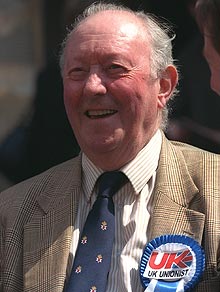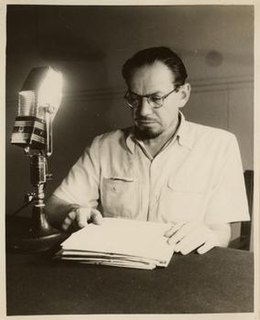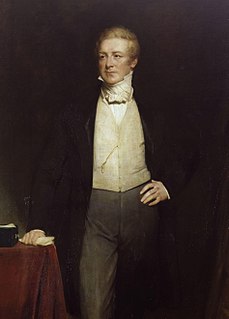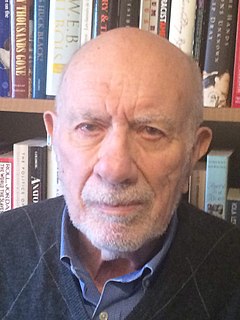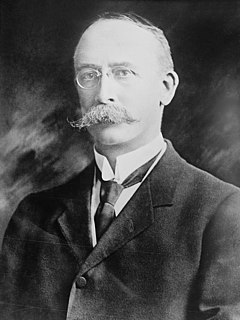A Quote by Conor Cruise O'Brien
Man watches his history on the screen with apathy and an occasional passing flicker of horror or indignation.
Related Quotes
The religious urge in man is not a mere passing phase in the history of his spiritual development, but the ultimate source of all his ethical thought and all his concepts of morality; not the outcome of primitive credulity which a more "enlightened" age could outgrow, but the only answer to a real, basic need of man at all times and in all environments. In another word, it is an instinct.
My effort here is to create bliss, not happiness. Happiness is worthless; it depends on unhappiness. Bliss is transcendence: one moves beyond the duality of being happy and unhappy. One watches both; happiness comes, one watches and does not become identified with it. One does not say, 'I am happy. Peace, it is wonderful.' One simply watches, one says, 'Yes, a white cloud passing.'
When you're talking horror or sci-fi, you're working in a genre that has loosely certain thematic elements, or, you could even call them rules. But rules are there to be broken. I think that young filmmakers should go all the way back to the history of horror, from silent films like "Nosferatu", and through to today's horror films, so they understand the history of horror films and what has been done. Understand that, and then add something new or original.
He saw on the paper a picture of a man, white-skinned, who hung upon a crosspiece of wood. The man was without clothes except for a bit about his loins, and to all appearences he was dead, since his head drooped upon his shoulder and his eyes were closed above his bearded lips. Wang Lung looked at the pictured man in horror and with increasing interest.
Every man should write a brief history of his life: his parentage, his birth, his religion, when he was baptized and by whom, when ordained, what to, and by whom-give a brief sketch of all his missions and of all his official acts and the dealings of God with him. Then if he were to die and the historians wished to publish his history, they would have something to go by.
